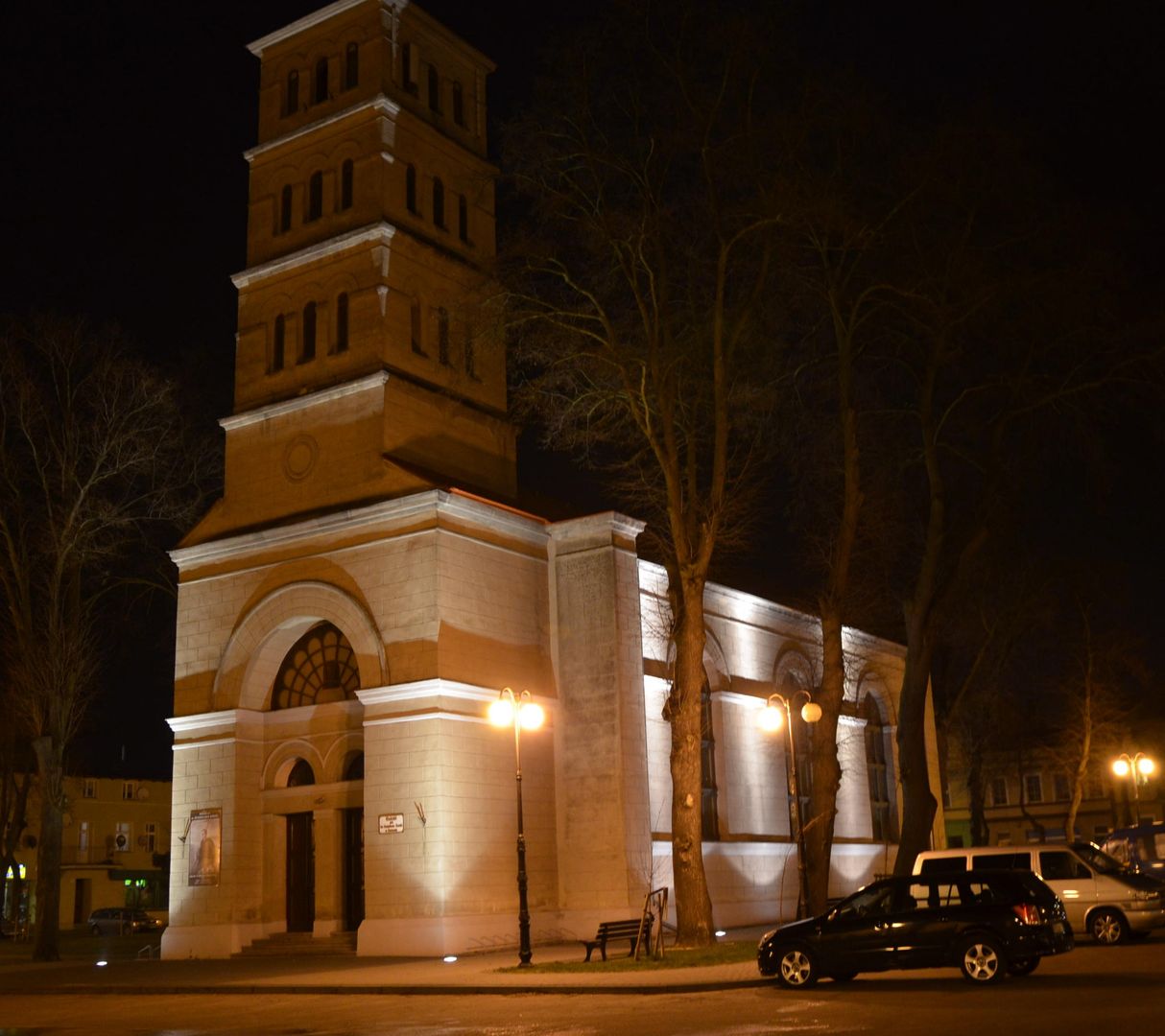Zloty
6.91

Overview
Złotów is a picturesque town located in northwestern Poland, in the Greater Poland Voivodeship, with a rich history dating back to the Neolithic period. The year 1370 is recognized as the date of its establishment as a town, associated with feudal owners such as Piotr Potulicki and the Grudziński family. Złotów was repeatedly devastated by wars and destruction, including during the Swedish Deluge and the Great Northern War, and after the partitions of Poland, it became part of the Kingdom of Prussia. Since 1945, it has been part of Poland. Architecturally, the town is distinguished by: the Church of the Assumption of the Blessed Virgin Mary, with Baroque furnishings and a unique altar; the classicist Church of St. Stanislaus Kostka; and the neo-Gothic Church of St. Roch. The town hall from 1913 and the County Office are further examples of Prussian-era architecture. Złotów is also full of valuable monuments, such as a 17th-century synagogue, a museum housing regional collections, and beautiful urban parks. The town is a cultural center, with initiatives like the Euro Eco Festival and the activities of local artistic associations. Sports and recreation play a significant role in the lives of residents, with numerous sports facilities, including a swimming pool and stadiums. Złotów is surrounded by numerous lakes, which support water tourism and fishing. It is a hub for outdoor activities with a developed network of cycling paths. The contemporary identity of Złotów is shaped by both its historical roots and its culture, making the town attractive to tourists and residents alike.
Location
2026 Wizytor | All Rights Reserved